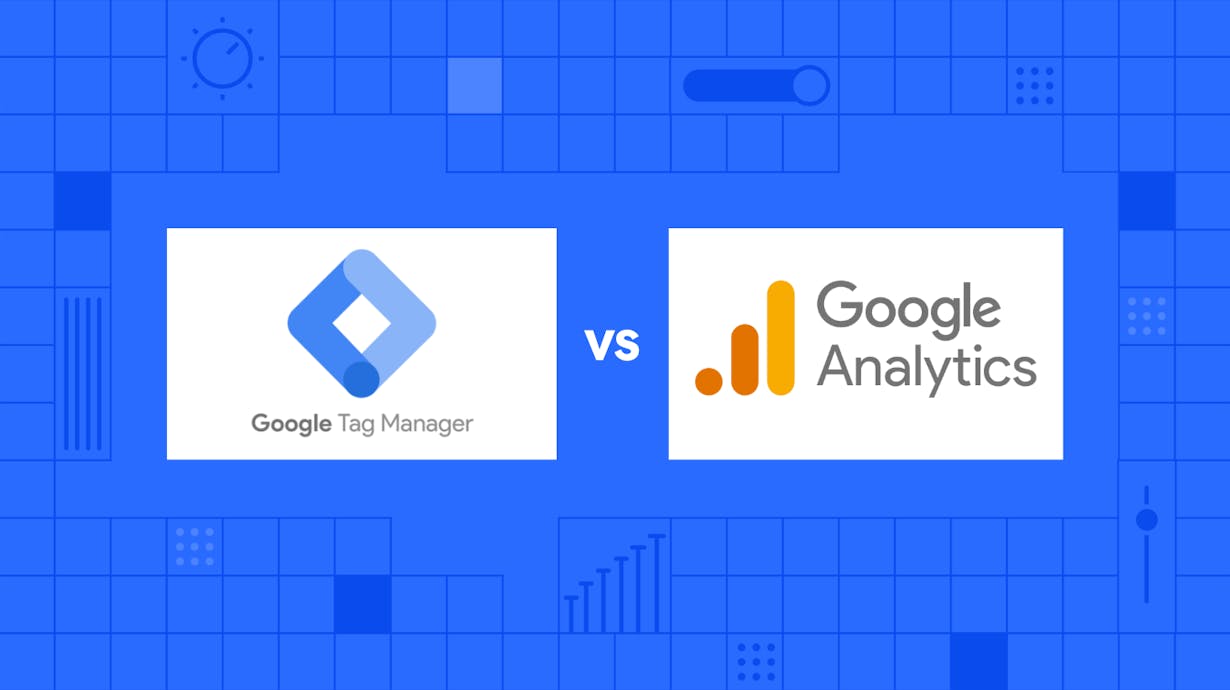Raising Your Online Presence With Advanced Google Analytics Methods
In the large landscape of on the internet presence administration, the capability to navigate and harness the power of advanced Google Analytics strategies can significantly impact the success of a digital endeavor. As the electronic world progresses, the requirement for sophisticated information evaluation ends up being vital in understanding user habits and maximizing on-line performance. By incorporating advanced Google Analytics methods, businesses can obtain deeper insights, make notified decisions, and ultimately boost their online presence. The realm of opportunities that these approaches provide is substantial, guaranteeing a realm of untapped capacity for those ready to check out past the fundamentals.
Establishing Advanced Google Analytics
For a thorough understanding of Advanced Google Analytics, the preliminary action includes setting up the system with accuracy and focus to detail. Setting up Advanced Google Analytics calls for an organized technique to guarantee accurate information collection and informative reporting. Begin by creating a Google Analytics account and building for the site or application that needs tracking.
Furthermore, establishing innovative features such as custom-made dimensions, occasion monitoring, and enhanced e-commerce needs a much deeper understanding of the system. Personalizing reports via control panels and sectors permits customized analysis based on certain metrics or individual behavior. Routinely assessing and optimizing the arrangement guarantees that Advanced Google Analytics operates effectively in giving useful insights for enhancing on the internet performance.
Using Personalized Records for Insights
Upon establishing a robust structure by establishing Advanced Google Analytics efficiently, the following action includes using the power of personalized records to gain important insights into site or application efficiency. Personalized records provide a tailored sight of data that is specific to the measurements and metrics important to your organization purposes. By making use of personalized records, you can assess user habits, track conversion rates, and monitor the success of marketing projects in more detail than typical reports enable.
Developing customized reports in Google Analytics entails selecting the metrics and dimensions that straighten with your key performance indications (KPIs) This personalization enables you to focus on one of the most appropriate data for your analysis, bring about even more actionable insights. Additionally, customized records can be scheduled for normal distribution through email, making sure that stakeholders stay informed without needing to log right into the analytics system routinely.
Leveraging Enhanced Ecommerce Monitoring
Carrying Out Enhanced Ecommerce Tracking permits services to dive much deeper right into online customer behavior and optimize their sales techniques with comprehensive insights. This sophisticated function in Google Analytics uses an extensive sight of the entire customer trip, from the preliminary communication to the last purchase. By tracking specific actions such as item views, adding things to the cart, and finishing transactions, businesses can evaluate the blog performance of their on-line store and make data-driven choices to improve the total purchasing experience.

Applying Advanced Division Strategies
Discovering sophisticated division techniques in Google Analytics can considerably boost the deepness of insights services gain from their information evaluation initiatives. By executing innovative division methods, companies can efficiently isolate and assess particular subsets of information to uncover valuable patterns and trends. This approach permits for an extra granular understanding of customer actions, enabling organizations to make data-driven decisions with accuracy.
Furthermore, behavior segmentation can be utilized to group customers based upon their activities on the site, such as web pages saw or products acquired. This segmentation method offers understandings right into customer engagement and conversion paths, helping businesses optimize their on-line presence for better efficiency.
Enhancing With A/B Checking and Experiments
Experiments in Google Analytics allow businesses to evaluate changes to their sites or applications in a controlled setting. By incorporating A/B screening and experiments with advanced segmentation methods, companies can refine their on the internet presence, enhance user experiences, and drive meaningful results based on strong information evaluation.
Conclusion
Finally, carrying out advanced Google Analytics strategies can significantly boost your on-line existence. By establishing custom-made records, utilizing improved ecommerce monitoring, executing segmentation strategies, and maximizing with A/B testing, you can acquire useful insights and enhance your internet site performance. These innovative approaches allow you to make data-driven decisions and better comprehend your target market, ultimately resulting in a much more effective on-line presence.
In the large landscape of on the internet presence management, the ability to navigate and harness the power of sophisticated Google Analytics techniques can considerably influence the success of a digital endeavor. By incorporating sophisticated Google Analytics strategies, businesses can get deeper insights, make educated choices, and inevitably improve their on-line visibility.Checking out sophisticated segmentation strategies in Google Analytics can dramatically improve the depth of understandings organizations gain from their data evaluation efforts.By leveraging the insights got from sophisticated segmentation techniques in Google Analytics, businesses can further boost their data evaluation efforts through the strategic usage of A/B screening and experiments for optimization functions.In final thought, executing sophisticated Google Analytics strategies can significantly enhance your on-line presence.
Comments on “The Reality Regarding What Is Not Considered a Source in Google Analytics by Default”